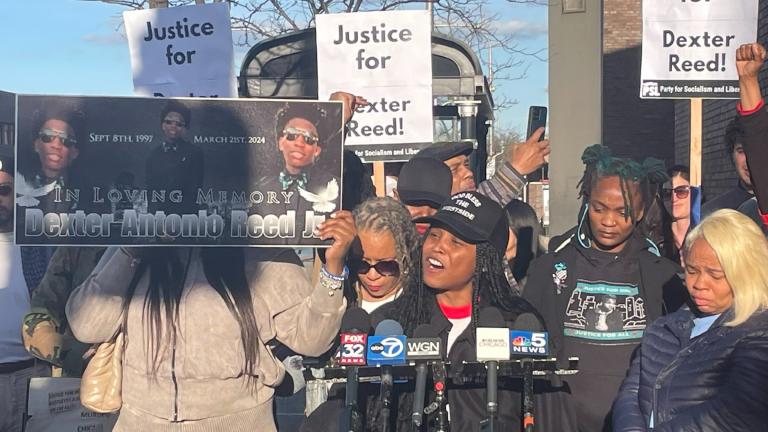Evanston has selected the first group of Black residents to receive reparations through the city’s Restorative Housing Program.
The program will distribute $10 million over 10 years using tax revenue from recreational marijuana sales. Each recipient may receive $25,000 in housing benefits that can be used toward a down payment, home repairs, or interest and late penalties. The first 16 recipients were chosen at random last week. They’re among a total of 122 Black residents approved for reparations so far. Evanston has a long history of discrimination against Black homeowners, putting housing at the top of the priority list.
“We went through a process that was informed by our Black community stakeholders in 2019, weighed in on what priorities and remedies we would like to see as a community for reparations and as consensus, we ended up prioritizing housing,” said Robin Rue Simmons, a former Evanston city council member who led the effort to create this initiative, “It’s important to note there were dozens of recommendations, and in addition to that our case for reparations in Evanston, which is available at the city’s website, is largely found in our housing law, our zoning policy and housing policy that were anti-Black and discriminating, stripped away wealth and opportunity from Black residents between 1919 and 1969 before fair housing was passed, and so we can begin to measure the damage, we can physically still see the racial segregation in our community, and housing will allow wealth building.”
The initial 16 recipients will now go through a verification process before being granted the $25,000 in housing benefits. Evanston City Council member and chair of the Reparations Committee Peter Braithwaite says the first names were chosen at random in an effort to be transparent.
“We just wanted a fair transparent process that didn’t penalize someone based on when they submitted their application,” said Braithwaite, “It was in plain sight. We didn’t use anything that was computer generated and we felt that was just part of a fair process.”
Evanston City Council Members have been discussing reparations since the city adopted a resolution to establish a Reparations fund and subcommittee in 2019.Now that the process of distributing funds has started, former council member Simmons says she feels encouraged.
“We can build on this knowing that we have more work ahead of us than we have completed, but we have now set a standard. There is a precedent, there is a model, an example in which we can build on, increasing the fund, expanding the benefits, collaborating with more partners and institutions to increase repair throughout our city, and it feels very good that our city has inspired the nation to begin to look at reparations from municipalities and state harm,” said Simmons.
As the city completes the process of offering reparations to the 122 Black residents already approved in the Ancestor Category, the Reparations Committee will begin to review applications submitted by direct descendants next month.








